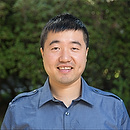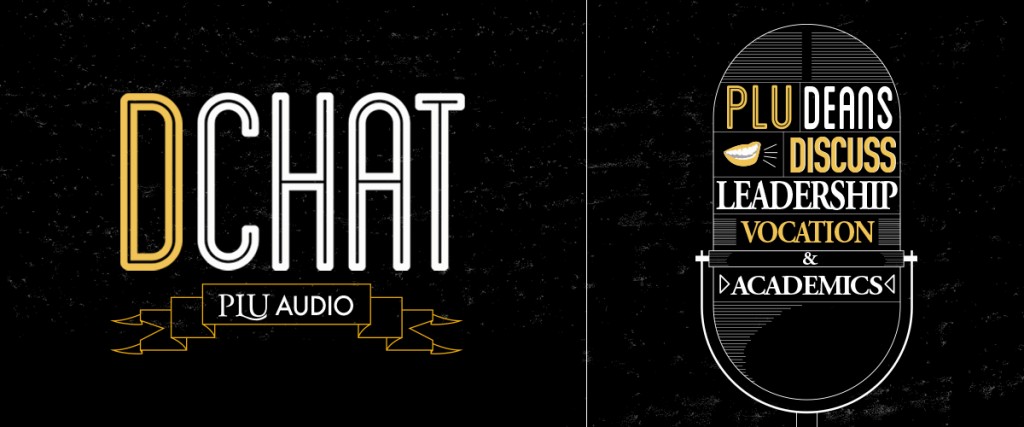Page 76 • (2,275 results in 0.028 seconds)
-

Renzhi Cao Associate Professor of Computer Science he/him/his Phone: 253-535-7409 Email: caora@plu.edu Office Location: Morken Center for Learning & Technology - 248 Website: https://cs.plu.edu/~caora/ Professional Biography Video Education Ph.D., Computer Science, University of Missouri-Columbia, 2016 M.S., Computer Science, University of Science and Technology of China, 2011 B.S., Computer Science, Anhui Normal University, 2008 Areas of Emphasis or Expertise Machine learning Data science
-

natural sciences at a university like PLU versus a large research institution. 11:50- Why PLU has been very successful placing students into medical school. 13:40- How the new Carol Sheffels Quigg Greenhouse has been integrated into the biology curriculum. 15:28- Incorporating new technology into the natural sciences at PLU. 17:56- How the Division of Natural Sciences is taking action to combat climate change. 19:32- How alumni can get involved with the natural sciences departments. PLEASE NOTE: The
-

, 421 were approved funding —including PLU.Welcome to Tacoma/South Puget Sound MESA! Vision Statement We will end “under” representation in the science, technology, engineering and mathematics (STEM) fields through education, opportunities, and partnerships. Mission Statement To prepare underrepresented (African American, Hispanic/Latino, Native American, Pacific Islander, and women) students for higher education and careers in science, technology, engineering and mathematics (STEM). Read Previous
-
resources in a responsible and appropriate way, he embraces the vision that technology offers to provide better solutions. Krause’s leadership acuity extends to the successful completion of major global initiatives, such as the Tekeze Hydropower Project in Ethiopia that increased power stability and provided reliable access to light, heat and water for 80 million people. Noteworthy projects currently designed or constructed by his firm include the new Panama Canal (documented in April 2015 on the
-
Internships (SULI) program and the Community College Internships (CCI) program. The application deadline is January 10, 2023, at 5:00 p.m. EST. Through SULI and CCI, undergraduate students discover science and technology careers at the DOE national laboratories and gain the experience needed to transition from internship to employment. Interns work directly with national laboratory scientists and engineers, assisting them on research or technology projects that support the DOE mission. SULI is open to
-
open links in a new tab or use the browser back arrow to return to the Faculty Resources website. Helpful Links Teaching & Learning with Technology Suggested Syllabi Statements & Student Resources Student SuccessReturn to Teaching & Learning Home
-
Technologies offers workshops, videos, and help guides.Additional Links PLUTO Programs Technology workshops Sakai Help: Instructor Guide Faculty Spotlight Online & Blended FAQs for academic advisors Online/Blended Student ResourcesOn-demand video tutorials View all the tutorial videos
-
Fair SponsorsWe are grateful to our sponsors who are vital to the success of the Discovery Regional Science and Engineering Fair. Their generosity allowed us to encourage students in Science, Technology, Engineering, and Math (STEM). Please support our sponsors and thank them for their contributions when possible. The South Sound STEM Fair Alliance operates the fair in partnership with Pacific Lutheran University. Contributions are tax-deductible.Pacific Lutheran University for Services and
-

Management Supply-Chain Management Technology and Innovation Management Learn MoreBrooke Brown named the 2021 Washington State Teacher of the Year Brooke Brown ’06, an ethnic studies teacher at Parkland’s Washington High School, was recently named the 2021 Washington State Teacher of the Year by the Washington State Office of the Superintendent of Public Instruction (OSPI). Brown engages students in her classroom by centering each student’s rich experiences to encourage them to recognize the values in
-

, and the process of repetition and confirmation-bias lead discourse to become increasingly extreme and polarized. The prevalence of these scenarios is perhaps more pronounced today than it has ever been, in large part through how technology has increasingly fostered these closed systems in media and social networking. The term has its origins in acoustics, describing a hollow enclosure where sound reverberates. When composing for acoustic instruments and electronics, I’m wary of the meaning that
Do you have any feedback for us? If so, feel free to use our Feedback Form.


